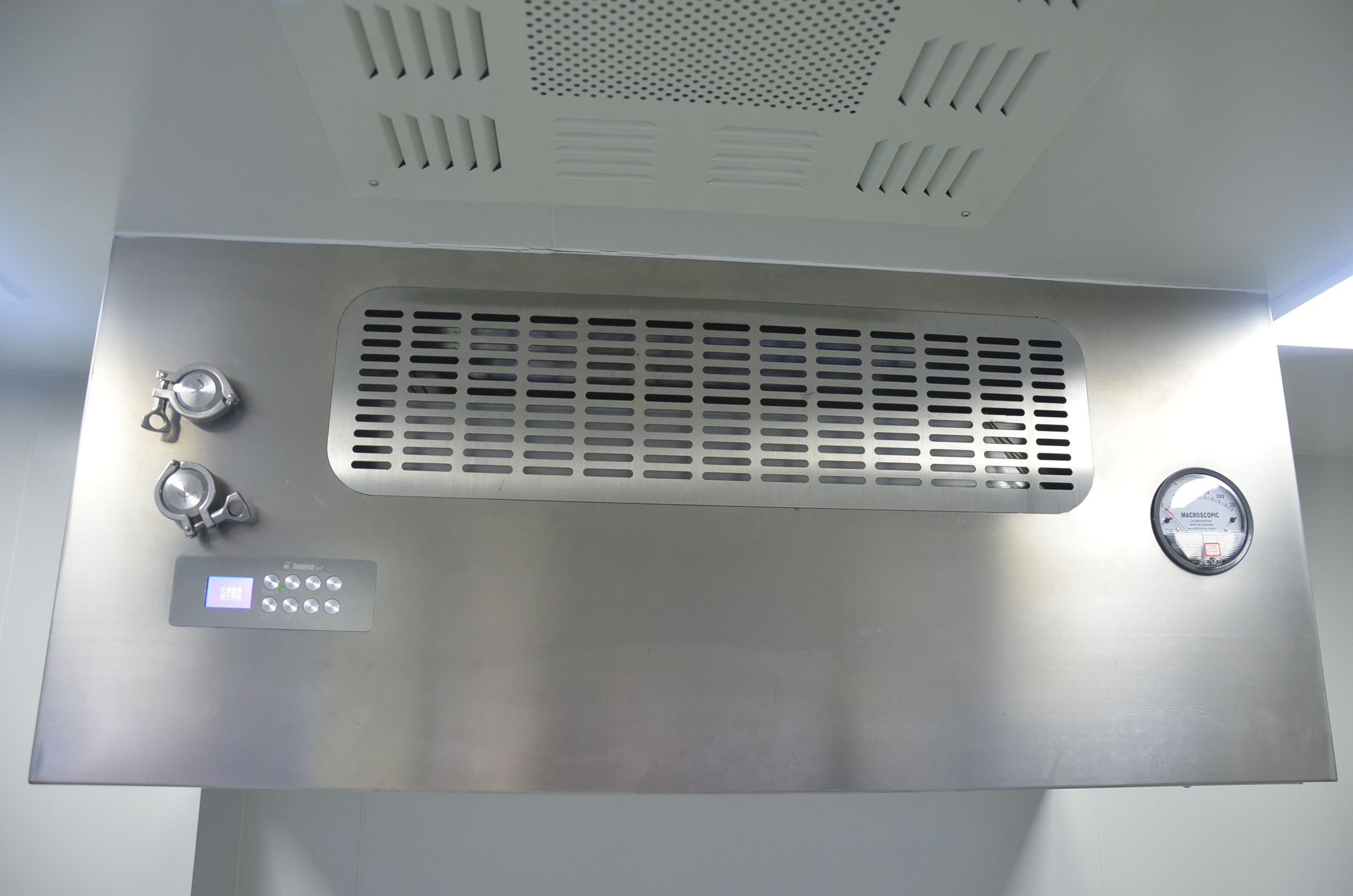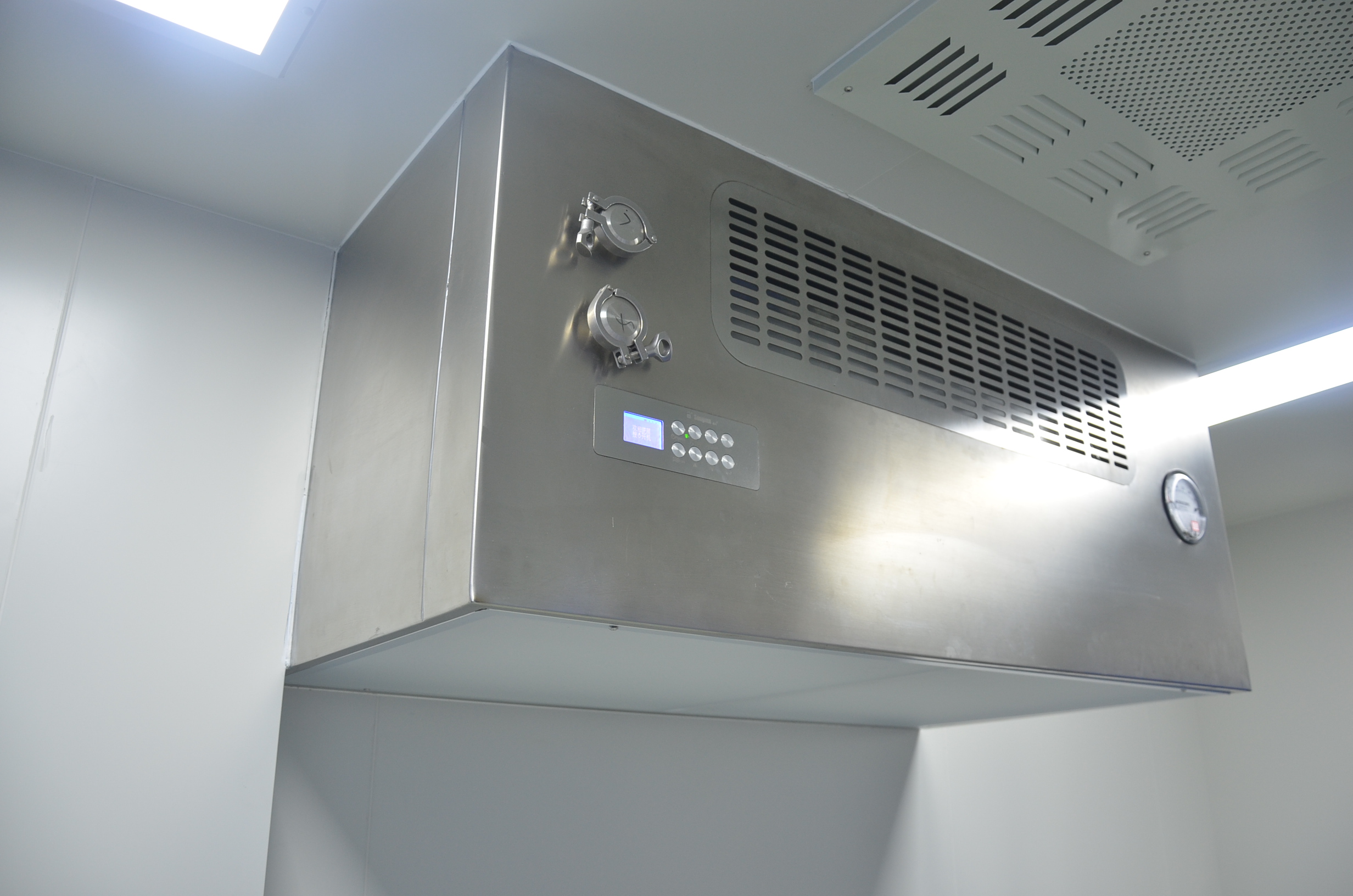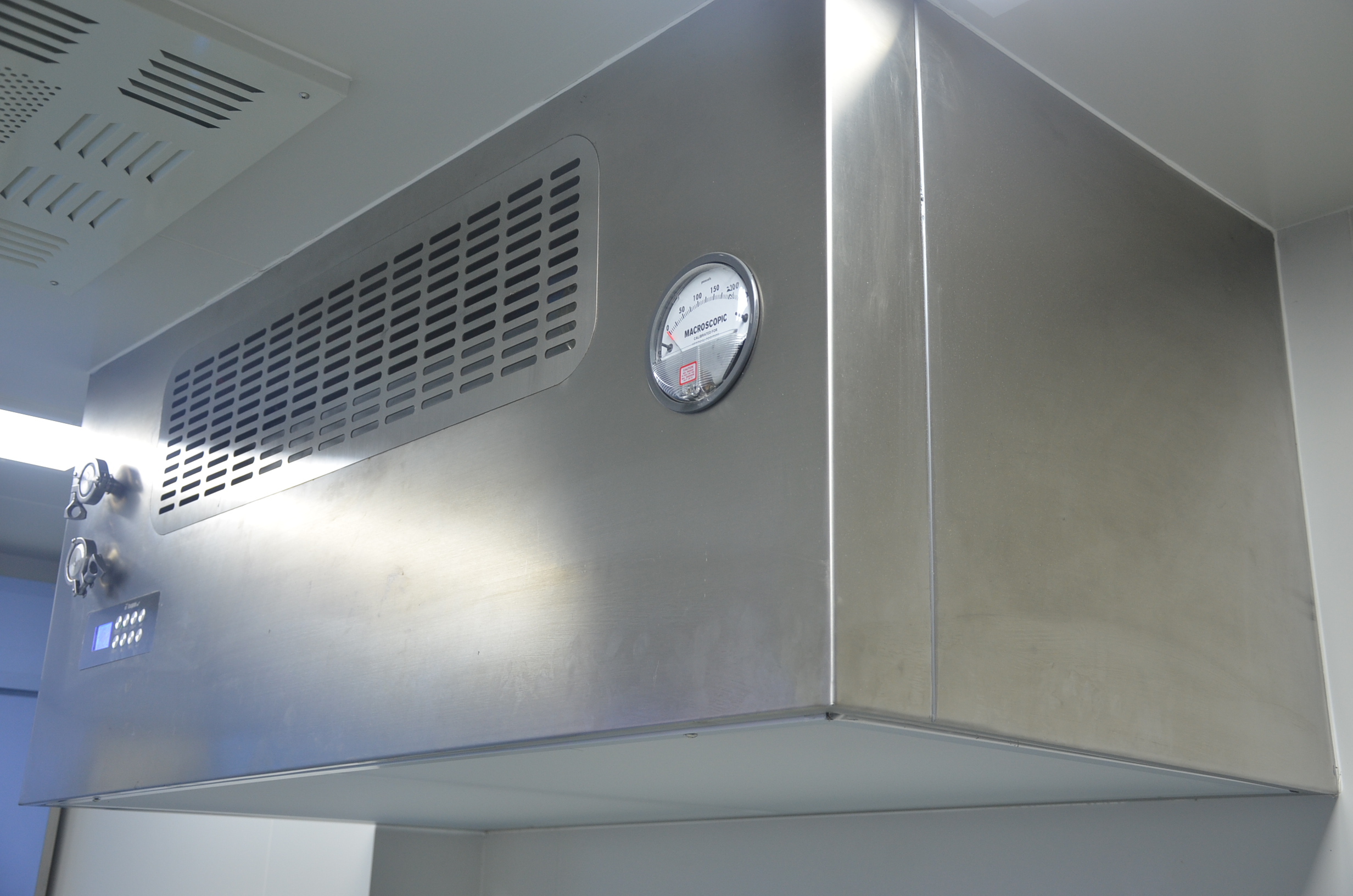Tianjia New Material Technology (Hubei) Co., Ltd
Tianjia New Materials is a company that develops,
manufactures and sells cleanroom system materials and
equipment. It has more than 300 employees and two production bases,
located in Wujiang, Jiangsu (with a plant area of over 15,000
square meters) and Yingcheng, Hubei (with a plant area of over
20,000 square meters).
The cleanroom materials and equipment produced by the company
are widely used in cleanrooms, cleanroom workshops, operating rooms
and laboratories in industries such as biopharmaceuticals,
electronic semiconductors, new energy, aerospace, scientific
research institutes, and public health. They have won unanimous
praise from customers and partners with their excellent quality and
high-quality services!










